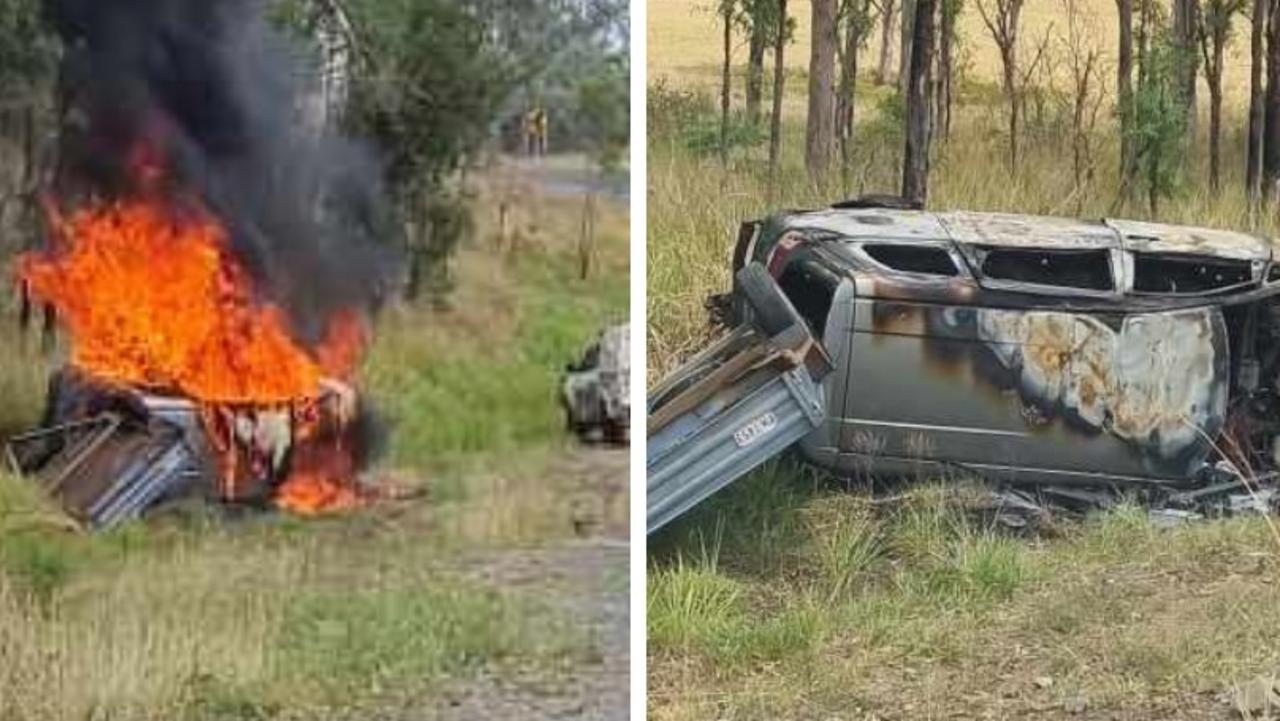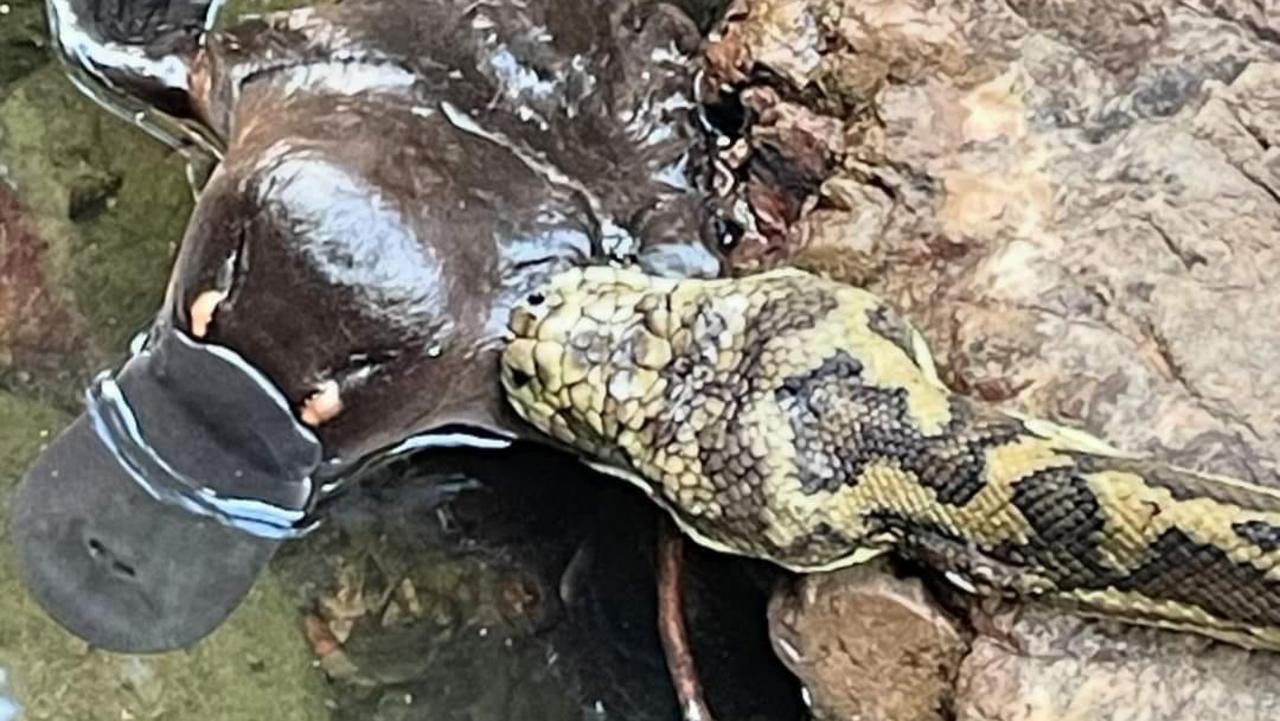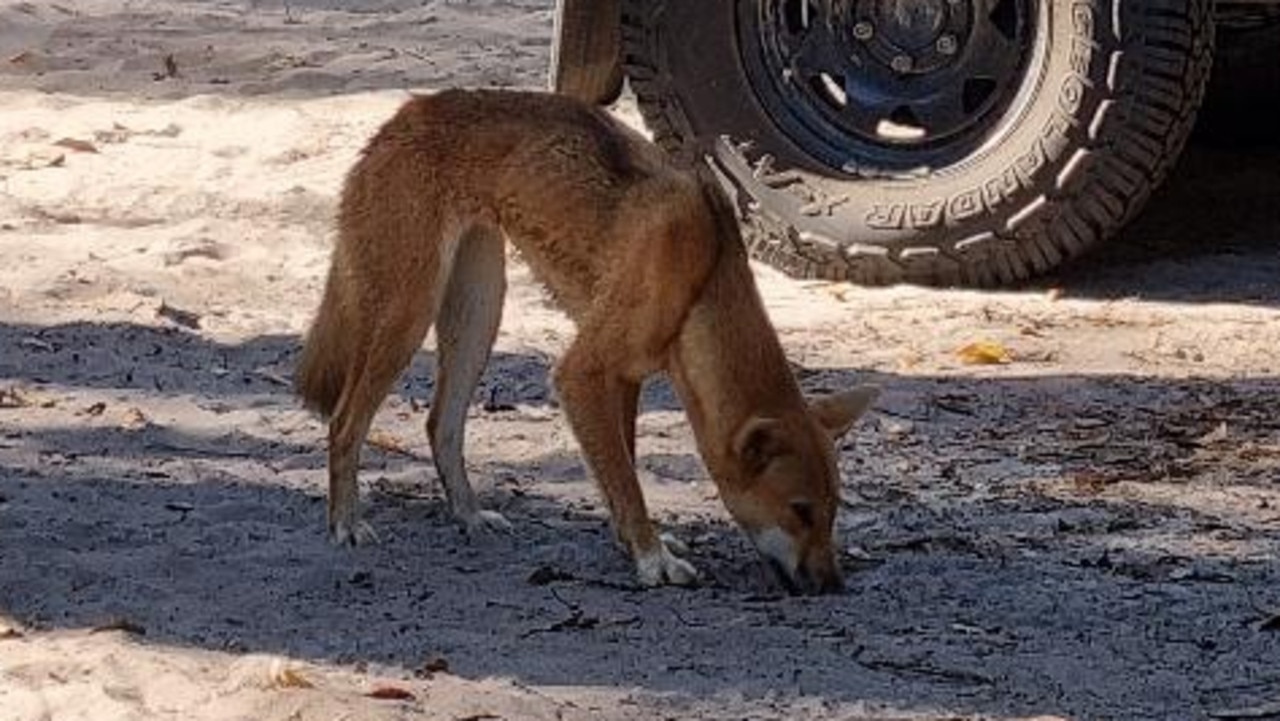Bundy vet busts myths around pets and snake bites
A BUNDABERG vet has busted some of the biggest myths around pets and snake bites.

Bundaberg
Don't miss out on the headlines from Bundaberg. Followed categories will be added to My News.
A BUNDABERG vet has busted some of the biggest myths around pets and snake bites.
East Bundaberg Veterinary Hospital's David Challen said there were a number of misconceptions around snake bites and domestic pets.
Dr Challen said snake bites in dogs could often be hard to detect, because a dog may lay on the ground for about a minute after being bitten, but then get back up again, seemingly brushing it off as if nothing had happened.
"Then it can take up to 12 hours before the animal starts showing signs," he said.
"So the concept that you get bitten by a snake and you're dead in half an hour is not true."
Dr Challen said owners needed to be wary of dogs walking around looking perfectly well after a snake bite.
He said another myth was being able to find bite marks.
"You will nothing, you can shave the dog," he said.
"The only time we see them is if they've been hit in the mouth where their gums are bleeding, so not having a mark on the animal doesn't mean the animal wasn't bitten."
Dr Challen said while collapsing momentarily was usually the first symptom, it was possible owners wouldn't know if they hadn't seen it.
The second early symptom of snake bite in dogs was often paralysis.
"The dog can't walk, getting wonky, looks like a drunk - or - bleeding," he said.
"I had a case brought to me last week, the dog could walk but was bleeding profusely from the gums. And those dogs are coughing. So bleeding, can't walk or blood in the mouth, it's probably been hit with a snake."
Dr Challen said the amount of venom dictated whether a dog could survive without antivenene and also the amount the vet has to use.
"It's got nothing to do with the size of the dog, it's got nothing to do with the size of the snake," he said.
"It's all to do with how much venom goes into the animal."
Dr Challen said 95 per cent of dogs hit with a typical amount of venom would die without treatment and urged owners to be wary of trying home cures.
"Another myth is vitamin C," he said. "It does not cure snake bite."
Dr Challen said if vitamin C appeared to help a bitten dog, it was only because the dog didn't receive venom in a bite or because the snake wasn't venomous.
"Vitamin C is not an antidote to snakes," he said.
"And there would be at least about 20 per cent of the public that believes that's going to work."
Dr Challen said some vets use vitamin C as part of overall treatment, but it wasn't a cure on its own.
Dr Challen said antivenene needed to be administered to affected animals no more than 36 hours after a bite, and preferably before 24 hours.
"You've basically got a 24 hour window of opportunity to give the antivenene, for it to work properly," he said.
Dr Challen said antivenene only cancelled the venom in the blood, not in the tissues, so the longer owners waited to seek treatment, the more expensive and complicated recovery can become.
Signs of snake bite in dogs
1. Bitten
2. May collapse, or may not
3. Dog will get up again
4. Could take up to 12 hours for signs to show
5. Signs such as paralysis and bleeding
6. When symptoms start, if you don't treat them, 95 per cent of dogs will die, dog needs to get to a vet
Signs of snake bite in cats
1. Cats won't show immediate signs of being bitten, so they won't collapse and will walk around normally
2. Paralysis can take up to 12 hours to show
3. Cat will be laying around, but not bleeding
4. Only 30 per cent of cats will live without vet treatment







